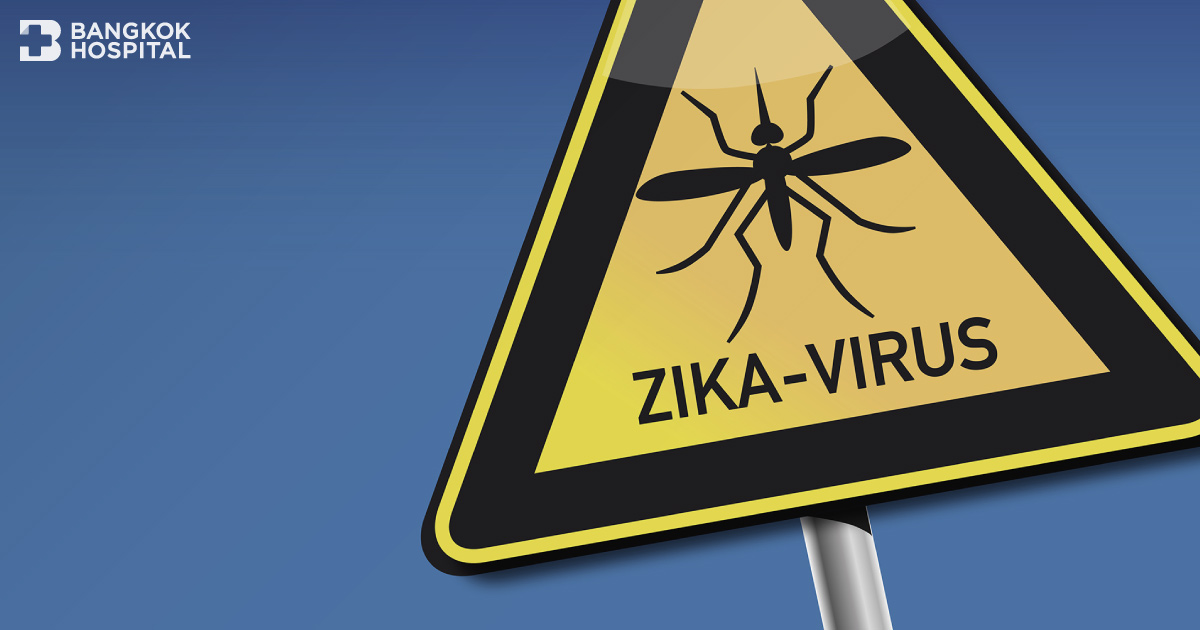Understanding Zika Virus
Zika virus is a virus of the Flavivirus family, the same group as Yellow Fever Virus, Dengue Virus, West Nile Virus, and Japanese Encephalitis Virus. Zika can be transmitted through mosquito bites. Zika virus patients may have fever, might have a rash, joint pain, and red eyes. Generally, symptoms are usually not severe and recover on their own within a few days. Severe symptoms are rare, and hospitalization may be necessary.
Transmission
The Aedes mosquito is the primary carrier of the Zika virus, which is the same vector that carries dengue fever virus and Chikungunya virus. The Aedes mosquito likes to lay eggs in standing, clean water, such as household water containers. It has been reported that women close to giving birth can transmit the virus to their offspring, and there are reports that the virus can be passed through breast milk. However, the mechanism of transmission through pregnancy and breast milk is not yet clear and is very rare.
Zika Virus Symptoms
Generally, it is found that about 1 in 5 people infected with the Zika virus will become ill and show symptoms. The incubation period of the disease is uncertain but is believed to be similar to the flu, which is 2 – 3 days to a week. The symptoms are similar to the flu, including fever, rash, joint pain, and red eyes. Some cases may have headaches. Patients with severe symptoms may need to be hospitalized. The death rate is still low.
Diagnosis
Doctors may take a history to see if the patient has traveled to an at-risk country. The overall symptoms of the disease are similar to the flu or dengue fever. Therefore, in Thailand, doctors must diagnose it separately from the flu and dengue fever.
Treatment of Zika Virus
Treatment is primarily supportive as there are no antiviral drugs or vaccines available. Since the disease in the country resembles dengue fever and the flu, precautions should be taken as it may be hard to distinguish the diseases in the early stages, such as avoiding NSAIDs (pain and fever medications) as they may interfere with platelet function and increase the risk of bleeding.
Prevention of Zika Virus
Preventing Zika virus is primarily by avoiding mosquito bites. The principles of prevention and control in Thailand can be applied the same as for preventing dengue fever. Aedes mosquitoes prefer to bite during the day. Wearing long-sleeved clothes, staying in mosquito nets or using window screens help reduce the risk of mosquito bites. An important thing is to eliminate breeding sites of Aedes mosquitoes, which are usually containers that collect water in households, such as bowls and trash.







